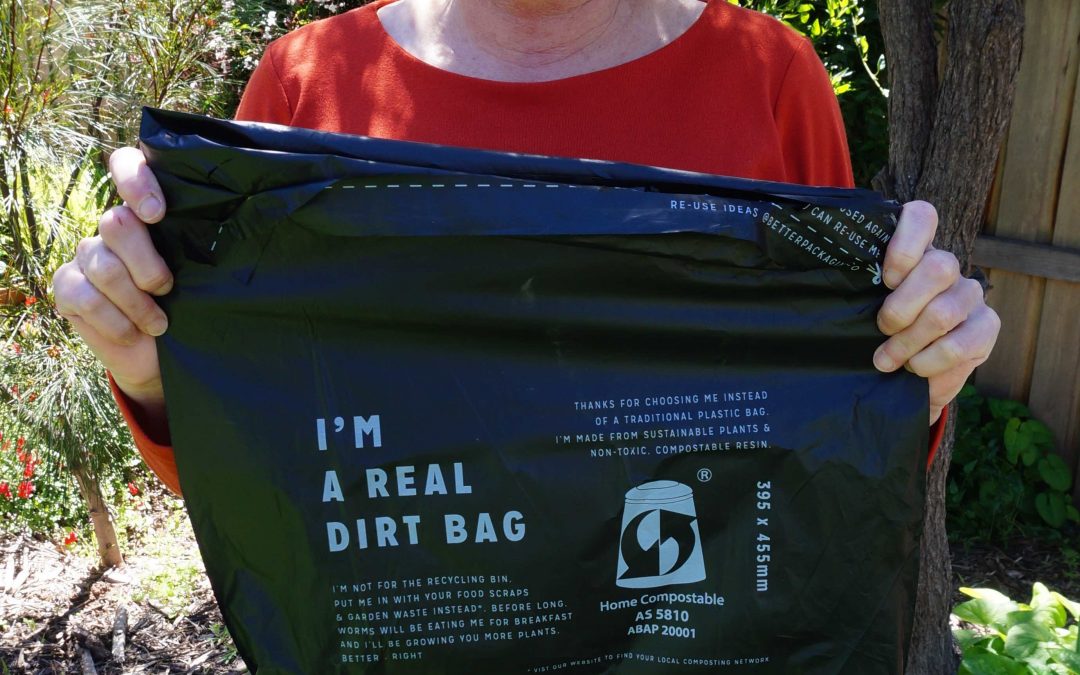The COVID-19 pandemic has turbocharged online shopping. For people in lockdown, and traders forced to close their doors to customers, it’s been a lifeline, allowing groceries, medications and other essential items to be delivered to homes and businesses.
One of the downsides with online shopping is all the packaging left for a purchaser to dispose of. Of course, there’s plenty of packaging involved with getting goods from factory to stores but this tends not to be visible to consumers; it’s just more visible on a kitchen table or living room floor and needs to be squeezed into small waste or recycling bins.
I’m not a big online shopper. I prefer the social interaction of face-to-face shopping. The random chance of meeting someone I know in a supermarket aisle or a queue at the post office, or striking up a conversation with a stranger. But substituting my regular bicycle trips to work for local walking during lockdown has worn down my lace-up shoes, so I ordered a new pair from a Canberra outdoor business that also manufactures locally.
My purchase arrived in a sturdy carton for storage and, to my surprise, wrapped in what looked like a plastic bag that turned out to be compostable. It claims to be made from sustainable plants and non-toxic, compostable resin, described as ‘packaging for a zero waste world’.
The latest edition of a current affairs magazine I subscribe to also arrived this month in compostable packaging.
With the Glasgow climate conference underway, we’ve heard a lot recently about net zero greenhouse emissions but not so much about ending waste.
Packaging is big business in Australia. And while packaging lets us transport items and keep food safe, it can also be a big problem for our environment. As a regular volunteer with Queanbeyan Landcare for Clean Up Australia Day, I know that plastic, especially packaging, features in the collection bags.
Australian governments have agreed to phaseout single use plastic from 2025. That’s a good start but we can do more by avoiding plastic packaging when there is an alternative, keeping plastic out of our streets, parks and waterways, recycling whatever can be recycled, and demanding more from all of our governments.
Reducing waste and better managing resources is an important part of getting to net zero emissions sooner rather than later.
Greens on QPRC will work to reduce plastic in our local environment and to advocate with other local governments for strong measures in NSW.
Authorised by Sylvia Hale for The Greens NSW, Suite D, 263-279 Broadway, GLEBE NSW 2037

